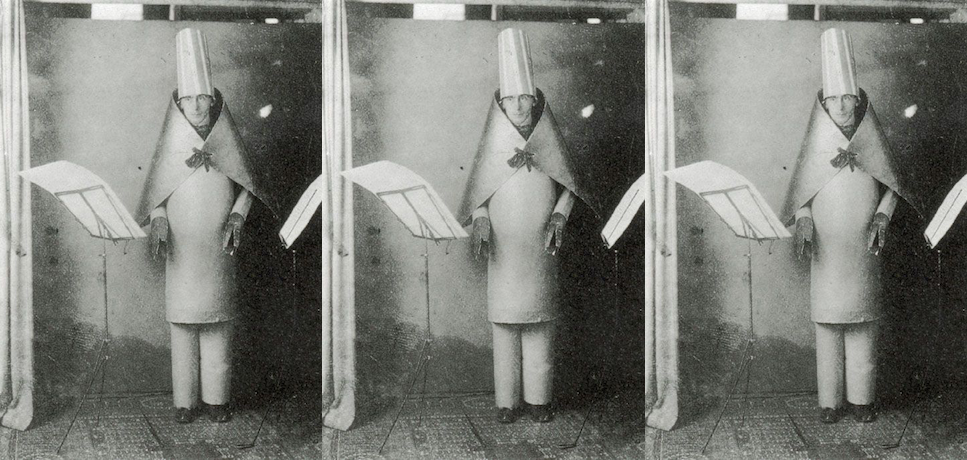TODAY: In 1927, Dada poet Hugo Ball, seen here reading at Club Voltaire in 1916, dies.
- The countess who wanted to be the most photographed woman in the world: Nathalie Léger on Virginia Oldoïni of Castiglione. | Lit Hub History
- Sophia Chang on entering the Wu-Tang Clan’s inner circle: “She’s down with Wu-Tang! And that’s all you need to know!” | Lit Hub Memoir
- “American authors delighted in the strangeness and loucheness of the Wagner milieu.” Alex Ross on Wagner’s complicated influence on American culture. | Lit Hub Music
- Life in the forever fires: Kailyn McCord wonders what serenity in an apocalypse might look like. | Lit Hub Climate Change
- Naomi Shihab Nye, bell hooks, Judith Herman, and more: Sharon Salzberg on the books that brought her closer to mindfulness. | Lit Hub
- Live free or get eaten by a bear… or both. What draws libertarians to New Hampshire? | Lit Hub Politics
- War, anonymity, and the dangerous line between truth and fiction: Eva Nour on the writer’s view of the Syrian Regime. | Lit Hub Politics
- For the first time in 127 years, Northwestern University Press will have an African-American editorial director, Parneshia Jones. This will make Jones one of two Black women who lead a university press in the US. | Publishers Weekly
- W. Scott Olsen fondly remembers the mail-order book clubs of his childhood. | Minneapolis Star Tribune
- It’s not easy being a BookTuber. Just ask Daniel Greene, who does it full time. | WIRED
- “In an alternate universe, we could be living with a meticulous tool for finding books we would love to read, from a much wider diversity of authors. Instead we have a book tracker that, for many people, barely works.” Why Goodreads is bad for books (and readers), and where to go instead. | New Statesman
- “My thinking now: this year has said no over and over, so I’m saying yes as often as I can.” Maggie Smith on finding beauty in a broken world. | The Guardian
- “There is a missing narrative around the richness of Black life in the Midwest.” Terrion Williamson talks about editing the anthology Black in the Middle. | Chicago Review of Books
- Hari Kunzru on whiteness and its ability to “take on a transhistorical, even transcendental quality, naming something more like a spiritual condition, a fallen state that is paradoxically also one of culpable innocence.” | New York Review of Books
Also on Lit Hub: xx
